Happy Sunday!
My aim was to talk about Texte dictée today, but… of course, I forgot to take pictures of them at school this week! So, they will have to wait for next week. Instead, I want to talk to you about how I teach my students blending – la fusion – or, how to “sound out” words. This strategy corresponds to the “serpent”, if you use my animal reading strategies.
We all know that being able to sound out/decode words is key to being able to read. While it is not the first strategy I teach, it is definitely an important one, and you may find that many of your kinders are ready for it at this point in the year. The big question is, how can you teach decoding in a fun, effective way?
Decoding can be stressful for kinders to practice only when they are reading books. There are so many other things going on in their brains while they are reading! I find it works best to isolate the strategy and practice it using games. That way, my students already know that they can do it, and don’t hesitate to give it a try in context. I can also control which letters and how many letters they are trying to blend at a time, and can adjust depending on their level of ability. By practicing in a relaxed, fun environment, my students don’t always even realize that they are practicing something that is actually pretty tricky!
Read on to see a few of my favourite games and activities to do with my kinders who are ready to practice blending.
I like to practice blending using both nonsense words and real words. Nonsense words are fun and silly, and real words are obviously very important, as they are what my students will actually be reading in their books ;)
NONSENSE WORD ACTIVITIES
1. SPEED READING
My students love, love, LOVE speed reading! It is a really simple but really effective activity. All you need is a list of 2-3 letter nonsense words (ma, mi, mu, mo, me, sa, si, se, so, se, etc.). You can just write them on a white board if you want, or prepare them ahead of time. Your students will read the words as fast as they can. If you have a stopwatch, you can time them, and use it to show how they get faster and faster each time they practice!
I like to take this game up a notch and send it home in their reading bags to practice at home as well. I prepare a page with 6 columns of nonsense words (2 or 3 letters), and add either a spinner or images of dice faces. Students spin the spinner or roll the die, and find the column that corresponds with what they rolled. Then they read it as fast as they can, and spin or roll again!
I have a few boards like this in my Mots sans sens pack on TPT. And, if you are a newsletter subscriber, you can also grab a FREE version with a spinner in my new French Free Resource Library. It is in the “Conscience phonologique” section
(Not sure what I’m talking about? Just CLICK HERE or on the photo below, enter your info, and I will email you all the info you need to get EXCLUSIVE access to all of my freebies!)
SO. MANY WORDS. have letters that don’t “talk,” and “sons composés.” I have made a couple of games to help us out!
Tell me what you do in the comments below.
And don’t forget to subscribe to my French Free Resource Library so you can have access to that freebie… as well as every other freebie I have ever made, and ever will make! Here is that button again:

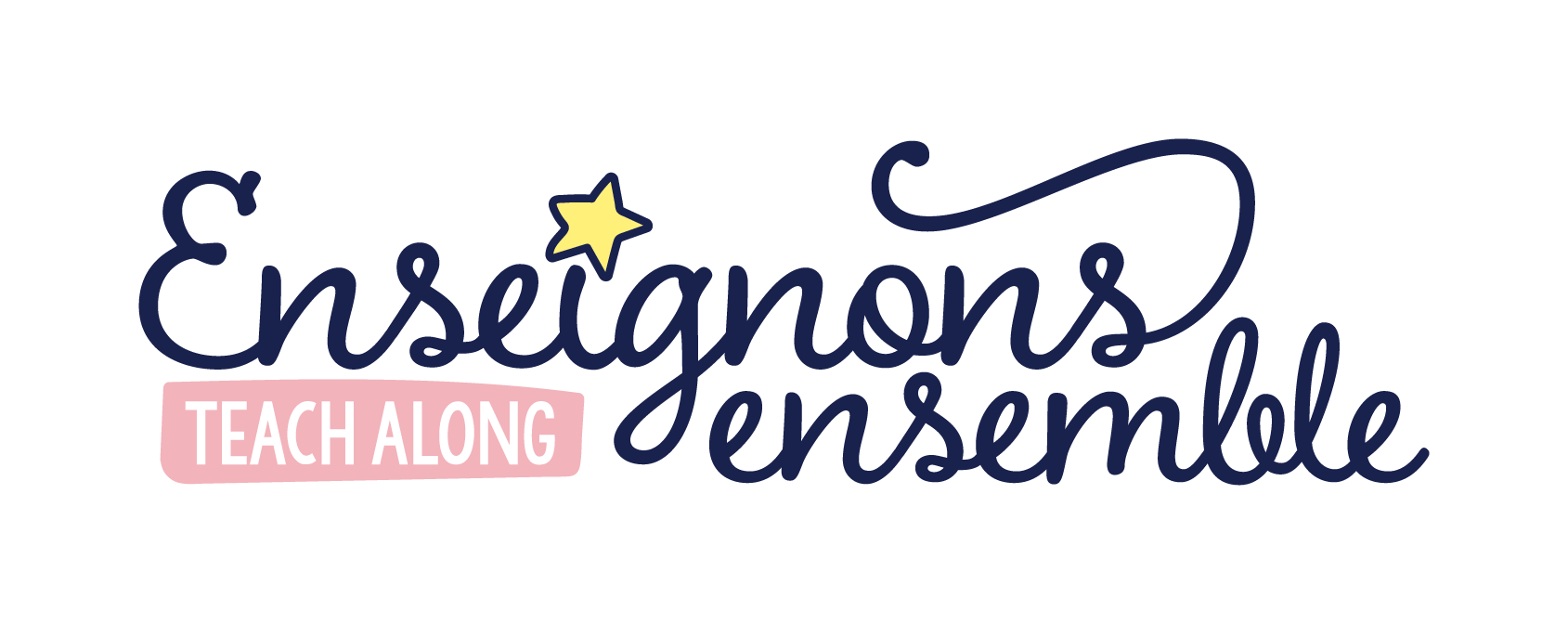
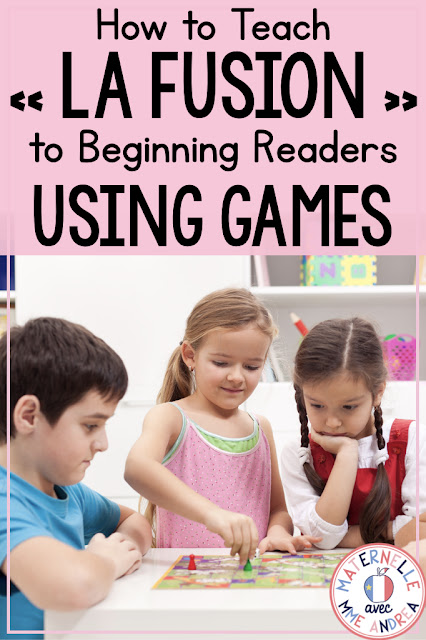
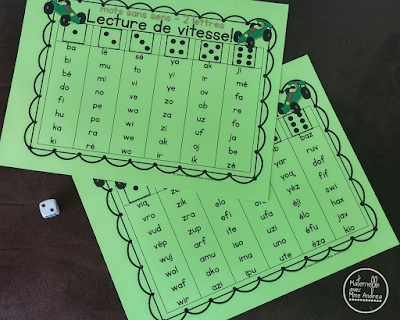
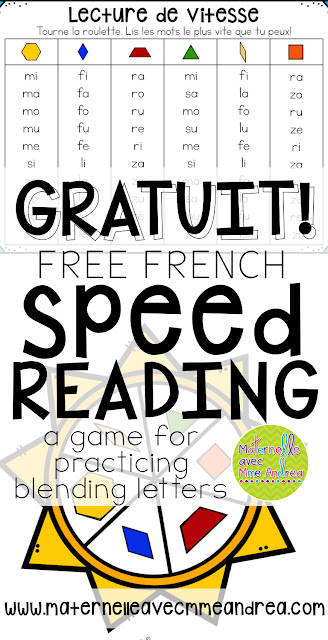
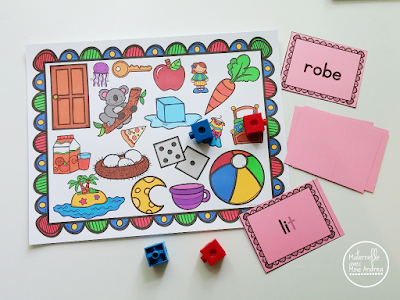
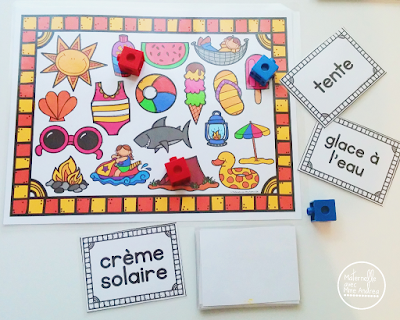
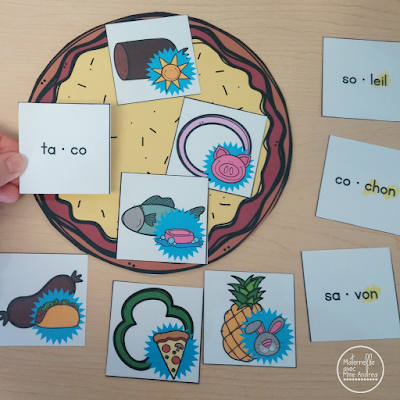

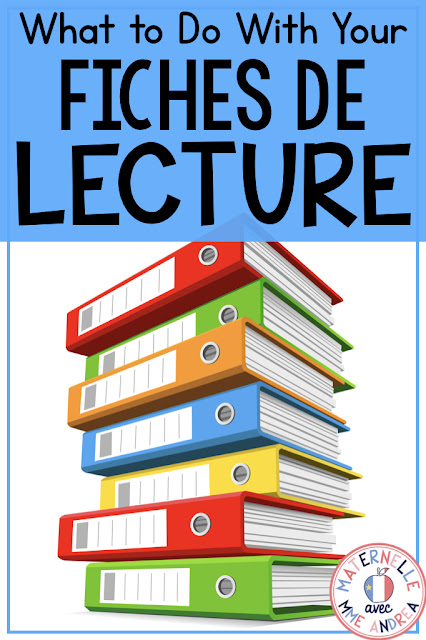
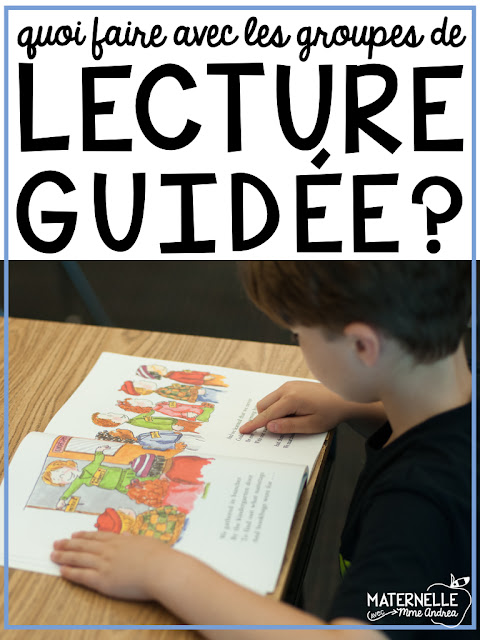
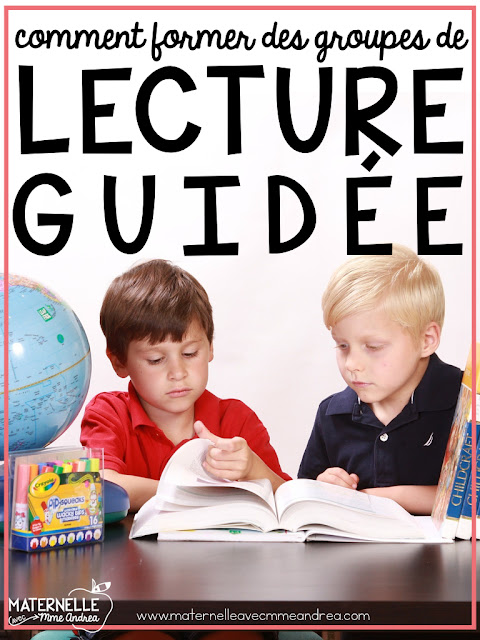
on pinterest this is advertised as free…. Im a bit disappointed…
Hi there!
The game that is free is the Speed Reading game above (the game shown on the pin that probably brought you to this blog post), with the shape spinner :) That is just one idea for practicing blends – I have included numerous ideas in this blog post in case teachers are looking for more. You can find the free game in the "Conscience phonologique" section of my free resource library – just click the pink button above the "Free French Speed Reading" image for instructions on how to access!
Let me know if you have any more questions!
Andrea
Allo Andréa,
Tu as vraiment de belles idées. Je vais assurément m'en inspirer dans mes ateliers de maternelle en mai et en juin.
Petit commentaire sur ton jeu des saisons, je lisais le mot "glace à l'eau''. Je n'ai jamais entendu ceci. Au Québec, on dit soit ''pops'' (langage familier) ou ''popsicle'', comme en anglais.
Merci de nous partager tes idées!
Isabelle